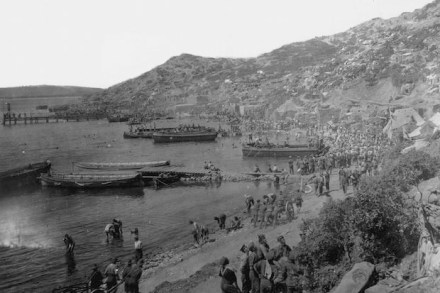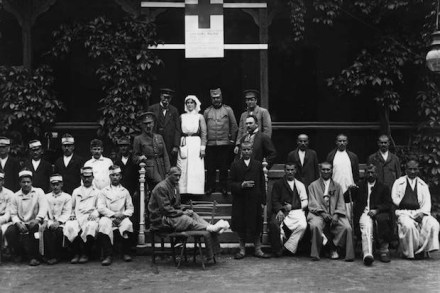Podcast: Fox hunting, the Budget and Harper Lee
The hunting ban could be gone soon – but the hypocrisy will linger on, says Melissa Kite in this week’s issue. Cameron knows he has to deliver something to the hunting fraternity now that he leads a majority government, because he promised a vote on repeal in his manifesto. The trouble is that he can’t













